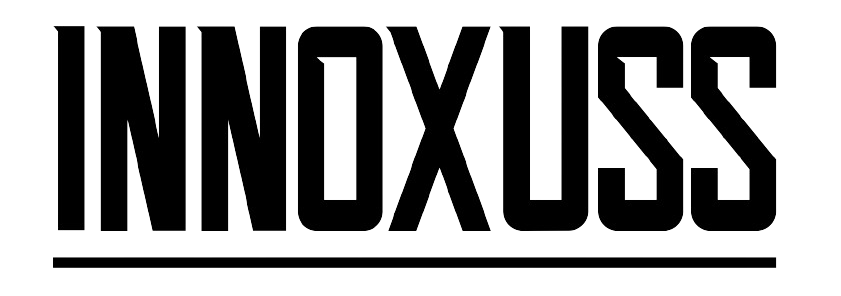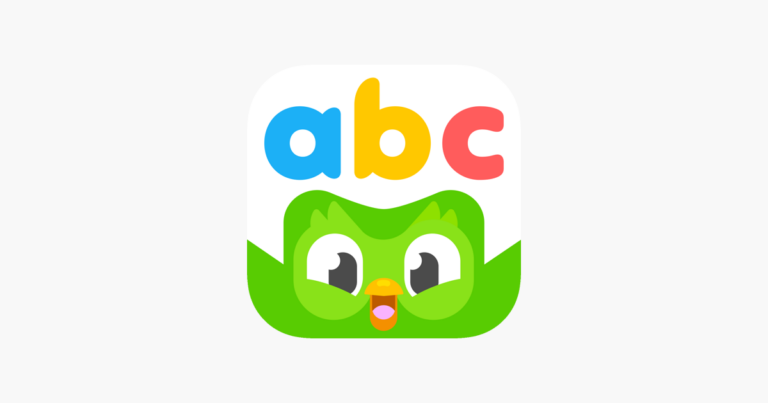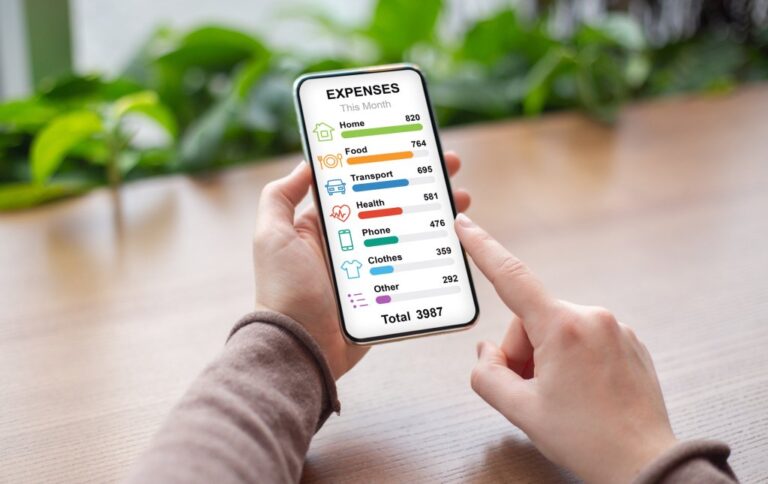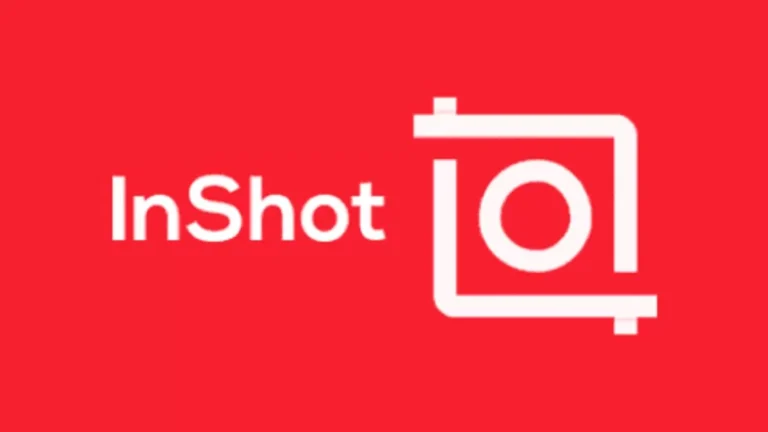Living in the digital age has its ups and downs, and one of the major advantages is the availability of applications designed to support and improve our mental health. This comprehensive post aims to guide you through the best iOS apps available in the market that are specifically created to boost your well-being.
Mental health is as crucial as physical health, yet it is often neglected or overlooked. However, with the advent of technology, getting the necessary help and support has become readily accessible and convenient. We delve deep into each app, providing you with an in-depth understanding of their features, usability, and effectiveness.
In this post, we focus on top-rated iOS apps, each with its unique approach towards enhancing mental health. From mindfulness and meditation apps, mood trackers, cognitive-behavioral therapy apps, to ones that offer professional therapy options – we will explore them all. These apps are not only recommended for individuals seeking mental health support but also for anyone aiming to maintain a healthy and balanced mental state.
We understand that everyone has unique needs when it comes to mental health, so our selection includes a wide range of apps. Whether you’re looking to alleviate stress, combat anxiety, manage depression, improve your sleep, or simply maintain a positive mindset, you’ll find an app that fits your specific needs.
By sharing these top iOS apps, we hope to contribute to improving your overall well-being. Mental health matters, and with the right tools, you can embark on a self-care journey that’s both effective and rewarding. So, let’s delve in and discover these empowering resources that are just a few taps away.
![8 Best Free iPhone Apps in 2024 [Download Today] - Ropstam Solutions](https://www.ropstam.com/wp-content/uploads/2020/06/install-these-top-free-apps-on-your-iOS.webp)
Understanding the Significance of Mental Health Apps
As we navigate through the digital era, technology and mental health have started to intertwine, giving birth to mobile applications designed to aid mental well-being. These apps offer diverse functions, from providing meditation techniques to offering professional therapy and counseling. The benefit of these mobile applications is the convenience and confidentiality they provide, making mental health support more accessible than ever before.
One platform that houses a variety of these mental health apps is iOS. The Apple App Store is filled with numerous apps that cater to different aspects of mental health. Here, we will examine some of the top iOS apps that can help boost your mental health.
Meditation and Mindfulness: Headspace and Calm
In the pursuit of better mental health, mindfulness and meditation have become increasingly essential tools. Backed by science and endorsed by mental health professionals worldwide, these practices help cultivate awareness, reduce stress, and promote emotional balance. Two standout apps that make meditation accessible and practical for everyday life are Headspace and Calm—both of which have garnered widespread acclaim for their intuitive design, rich content, and transformative impact on users’ well-being.
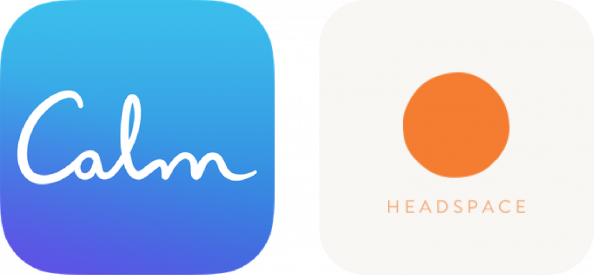
Headspace is widely recognized as one of the most user-friendly and comprehensive meditation apps on the market. With a clean interface and a structured approach, it guides users through the foundations of mindfulness before gradually introducing more specialized content. The app begins with a free “Basics” course that teaches the core principles of mindful meditation, including breath awareness, body scanning, and learning how to observe thoughts without judgment. This makes it ideal for beginners who may feel overwhelmed by the concept of meditation.
However, Headspace doesn’t stop there. As users progress, they gain access to themed meditation packs targeting specific challenges such as anxiety, stress, productivity, and sleep difficulties. There are also sessions focused on personal growth areas, including self-esteem, patience, and compassion. One of the app’s highlights is its “Sleepcasts”—gentle audio experiences that blend calming narration with ambient soundscapes, designed to help users unwind and fall asleep naturally.
Another key strength of Headspace is its daily mindfulness exercises, including short “Mindful Moments” and “Move Mode,” which integrates mindful movement into your routine through guided workouts and yoga. The app’s creators have also collaborated with leading researchers and athletes to create specialized content for high-performance mental resilience, making it equally valuable for professionals, students, and athletes.
On the other hand, Calm presents a slightly different but equally powerful approach. It emphasizes tranquility, reflection, and creating space for intentional living. With a vast library of content spanning meditation, relaxation, sleep, and mental fitness, Calm provides a highly personalized experience. The app offers sessions ranging from just 3 minutes to a full half-hour, allowing users to fit mindfulness practice into even the busiest schedule. Whether you’re looking to begin your day with clarity or wind down at night, Calm has a solution.
A signature feature of Calm is its Sleep Stories, narrated by well-known voices like Matthew McConaughey and Idris Elba. These bedtime stories for adults blend rich, soothing storytelling with immersive sound design, helping to quiet the mind and gently lull listeners to sleep. For users who struggle with racing thoughts at night, these stories are often a game-changer.
Beyond stories and guided meditations, Calm also offers soothing music, breathing exercises, and visualizations. It includes masterclasses from leading experts in mindfulness, psychology, and emotional intelligence. These deep-dive sessions explore topics like breaking habits, improving focus, or building resilience, offering both inspiration and practical techniques for real-world challenges.
Both Headspace and Calm have additional perks worth noting: they track your meditation streaks and allow users to set reminders and goals. This accountability can be incredibly motivating for building a consistent mindfulness habit. Additionally, both apps continue to evolve with new content added regularly, ensuring that users always have fresh material to explore.
Ultimately, the choice between Headspace and Calm often comes down to personal preference. While Headspace leans more structured and instructional, Calm offers a more flexible, sensory experience. Some users even opt to use both, depending on their needs. Regardless of which you choose, both apps provide powerful tools to cultivate mindfulness, reduce stress, and foster emotional balance—making them invaluable companions on your mental health journey.
Therapy and Counseling: BetterHelp and Talkspace
In a world where mental health challenges are becoming increasingly common, accessing professional therapy has never been more critical. Yet, traditional in-person therapy often presents barriers—such as high costs, limited availability, social stigma, and the inconvenience of scheduling appointments. Fortunately, teletherapy apps like BetterHelp and Talkspace have revolutionized access to mental health care, putting licensed therapists within reach for millions of users worldwide. These platforms make professional support available on your terms—affordable, flexible, and right from the comfort of your home.
BetterHelp stands out as one of the largest and most trusted online therapy platforms available today. Designed to offer convenient access to mental health professionals, BetterHelp connects users with licensed, accredited therapists who specialize in a wide range of issues—from anxiety, depression, and trauma to relationship struggles, grief, and self-esteem. What makes BetterHelp truly accessible is its flexible communication options. Once matched with a therapist, users can communicate via text messaging, live chat, phone calls, or video sessions—whichever method feels most comfortable and convenient.
The platform begins with a detailed questionnaire to help match users with a counselor that fits their needs and preferences. This personalized approach ensures users are more likely to connect with a therapist who understands their unique challenges and goals. BetterHelp also allows for therapist switching at any time, should the initial match not feel quite right—an option not always available in traditional therapy settings.
Privacy and confidentiality are top priorities for BetterHelp. The platform uses bank-grade encryption and takes rigorous measures to ensure your personal information and communications remain secure. Moreover, by offering therapy in a non-clinical environment, BetterHelp reduces the stigma often associated with seeking mental health support, making it easier for users to take that first step toward healing.
Talkspace is another major player in the online therapy space, providing comprehensive mental health support with a slightly different structure. Like BetterHelp, Talkspace offers access to licensed therapists, but it places a strong emphasis on asynchronous communication—meaning you can send messages to your therapist anytime, and they will respond during their scheduled working hours, typically once or twice a day.
This messaging model is particularly beneficial for individuals with busy schedules or those who prefer processing their thoughts in writing. It offers a therapeutic outlet without the need to wait for a scheduled session. In addition to messaging, Talkspace also offers live video sessions and voice calls, allowing for more direct, real-time interaction when needed.
One unique advantage of Talkspace is its inclusion of psychiatric services. Users can schedule consultations with licensed psychiatrists who can evaluate, diagnose, and prescribe medication if appropriate. This integrated care model is particularly helpful for users dealing with conditions that may require a combination of therapy and medication management.
Talkspace also supports couples and teen therapy, making it a versatile platform for families seeking mental health support. Its user-friendly app interface and responsive customer support enhance the overall experience, ensuring users feel supported not just by their therapists but by the platform itself.
When comparing BetterHelp and Talkspace, the best choice ultimately depends on your personal preferences and therapy goals. BetterHelp may appeal more to users who value flexible scheduling and real-time communication with a dedicated therapist. In contrast, Talkspace’s messaging-based model and psychiatric options may be more suitable for those seeking constant, on-the-go support or integrated care.
Regardless of which app you choose, both BetterHelp and Talkspace represent a significant step forward in democratizing access to quality mental health care. They remove many of the traditional barriers associated with therapy and empower users to take control of their mental wellness journey. These platforms not only provide convenience and affordability but also offer the reassurance that help is available whenever you need it—no waiting rooms, no travel time, just real support for real life.
Mood Tracking and Journaling: MoodKit and Daylio
MoodKit
Developed by psychologists, MoodKit uses Cognitive Behavioral Therapy (CBT) principles to help users improve their mood and overall mental health. The app offers over 200 mood improvement activities and thought-checking tools to prevent negative thought cycles.
Daylio
Daylio is a micro-diary app that allows users to keep track of their mood and activities. The app helps identify patterns and trends in moods and behaviors, making it easier for users to understand and manage their mental health.
Stress and Anxiety Management: Sanvello and Breathe2Relax
Sanvello
Sanvello is designed to help manage stress, anxiety, and depression. The app offers self-care tools based on cognitive behavioral therapy, mindfulness, and relaxation techniques.
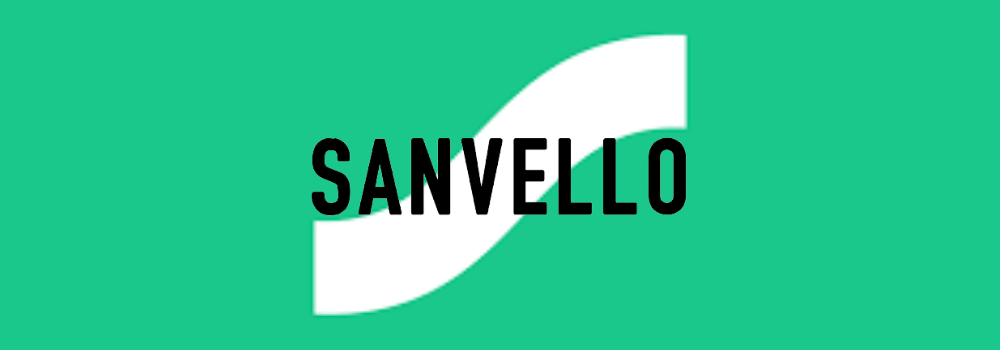
Breathe2Relax
Breathe2Relax is a stress management tool that provides detailed information on the effects of stress on the body. It also offers exercises focused on diaphragmatic breathing, which is a proven method to reduce stress.
Mental Health Education and Awareness: Moodpath and nOCD
Moodpath
Moodpath is designed for those who suspect they may be dealing with depression. The app asks daily questions to assess your well-being and screens for symptoms of depression. The collected data is used to create a bi-weekly mental health report, which can be shared with healthcare professionals.
nOCD
nOCD is an app designed to help manage the symptoms of Obsessive-Compulsive Disorder (OCD). The app offers weekly tests to monitor progress, guidance on mindfulness and meditation, and the ability to create a personalized treatment plan.
Each of these apps brings something unique to the table. While they cannot replace professional help, they serve as excellent tools to help manage and understand mental health better. It’s essential to remember that everyone’s experience with mental health is different, so it may take some trial and error to find the right app for you. Always consult a healthcare professional for severe mental health concerns.
Conclusion
In conclusion, leveraging the power of technology through top iOS apps for mental health support has become a critical aspect of boosting our well-being. These apps offer unique features, like meditation guides, mood tracking, mental health resources, and counseling options that play a significant role in promoting emotional and mental resilience. They serve as convenient, accessible tools, right at our fingertips, that can assist us in navigating the often challenging landscape of mental health.
Additionally, the mental health apps mentioned have the added advantage of privacy, allowing users to explore their mental health journey without fear of stigma. Whether it’s Calm for meditation, Moodpath for depression, or Talkspace for professional help, these apps cater to various needs, making mental health support more personalized than ever before.
Moreover, the rise of these apps underscores the importance of mental health in our society today. We must remember, however, that while these apps provide useful tools and resources, they should not replace professional help when needed. They are complementary tools to support our mental well-being. As we continue to normalize discussions on mental health, let’s also continue to leverage technology in our pursuit of better mental and emotional health.
